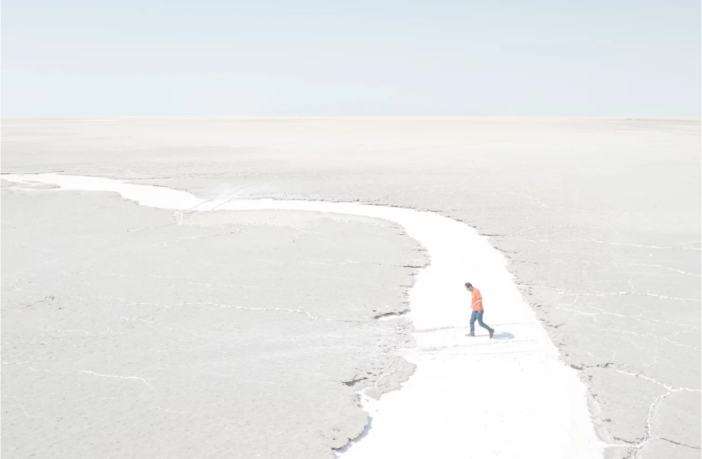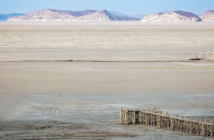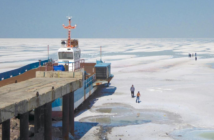In the last few days, an upsurge of social media campaigns and trending hashtags has emerged from the Azerbaijani community in Iran, raising the alarm for the endangered Lake Urmia. However, amidst the digital fervor, a pressing question remains unanswered – can virtual activism alone save the lake and force the Iranian authorities into action? This article delves into the critical role of on-the-ground activism as an imperative force to compel authorities to bear the cost of Lake Urmia’s drying and its devastating impact on the Azerbaijani minority.
The desiccation of Lake Urmia goes beyond an ecological crisis; it epitomizes a stark example of environmental injustice disproportionately affecting the lives of the Azerbaijani people in Iran. As a marginalized minority, the Azerbaijani community is bearing the brunt of this environmental catastrophe, exacerbating their existing struggle for equitable treatment and representation.
While social media campaigns can succeed in raising awareness about the fate of Lake Urmia, their efficacy within Iran’s political landscape is limited. The authoritarian regime’s indifference to public sentiment often renders virtual activism a transient phenomenon, overshadowed by more immediate concerns.
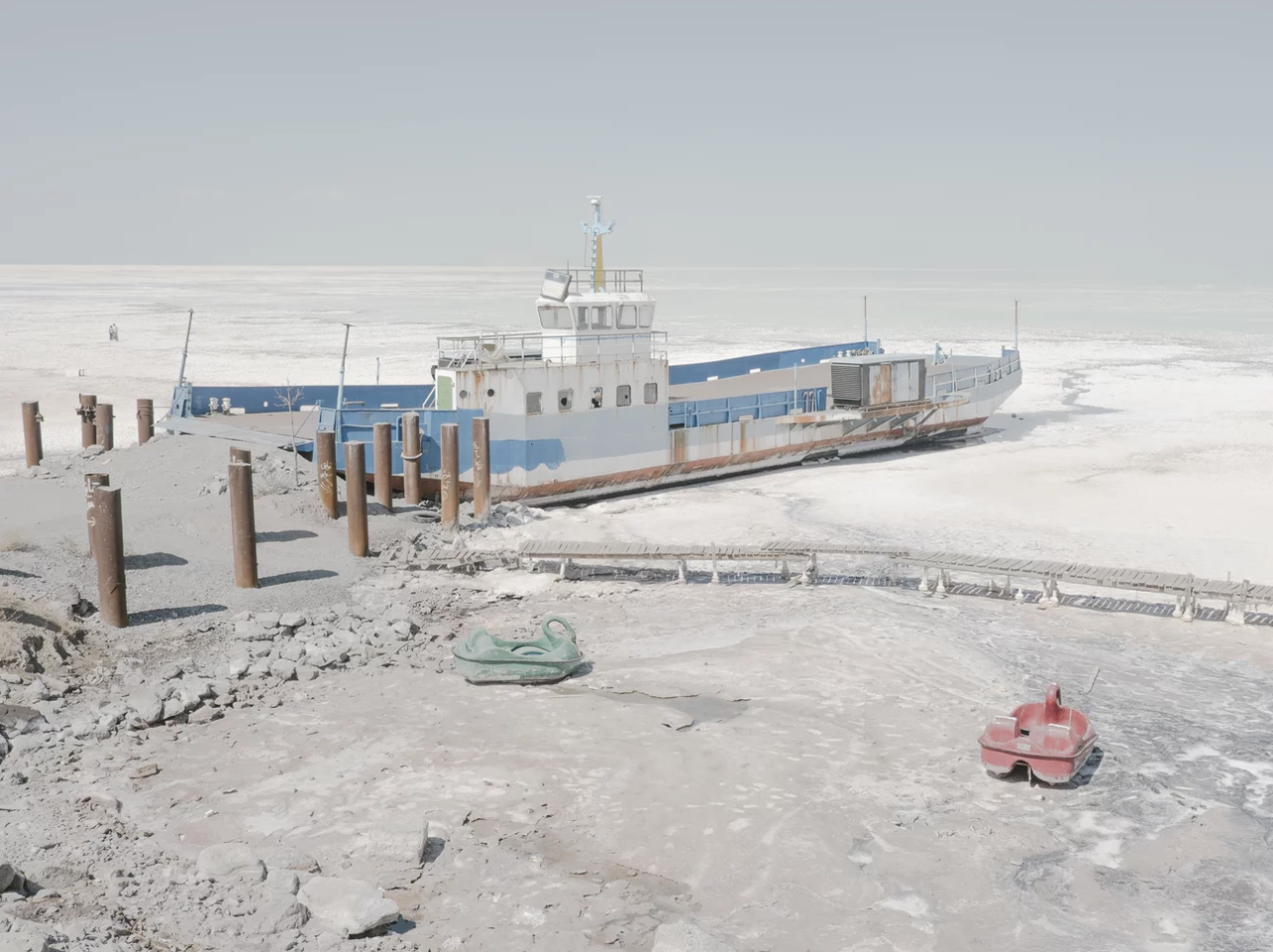
Rising from the Streets: The Crucial Role of On-the-Ground Activism
To instigate transformative change and demand accountability, the Azerbaijani community in Iran must transition from virtual activism to on-the-ground action. On-the-ground activism has the potential to wield real influence, as it demonstrates the collective determination of a united community and holds authorities directly accountable.
A robust on-the-ground movement begins with mobilizing the Azerbaijani community and allies to join forces. By engaging in grassroots organizing, holding meetings, and, most importantly, taking to the streets in protest, the urgency of Lake Urmia’s dire situation can be deeply ingrained and amplified, fostering a collective sense of urgency among the community.
Street protests are a powerful tool for capturing national attention and pressing for change. By taking the issue to the streets, the Azerbaijani community can magnify their demands, sending a clear message to the authorities that their concerns cannot be silenced.
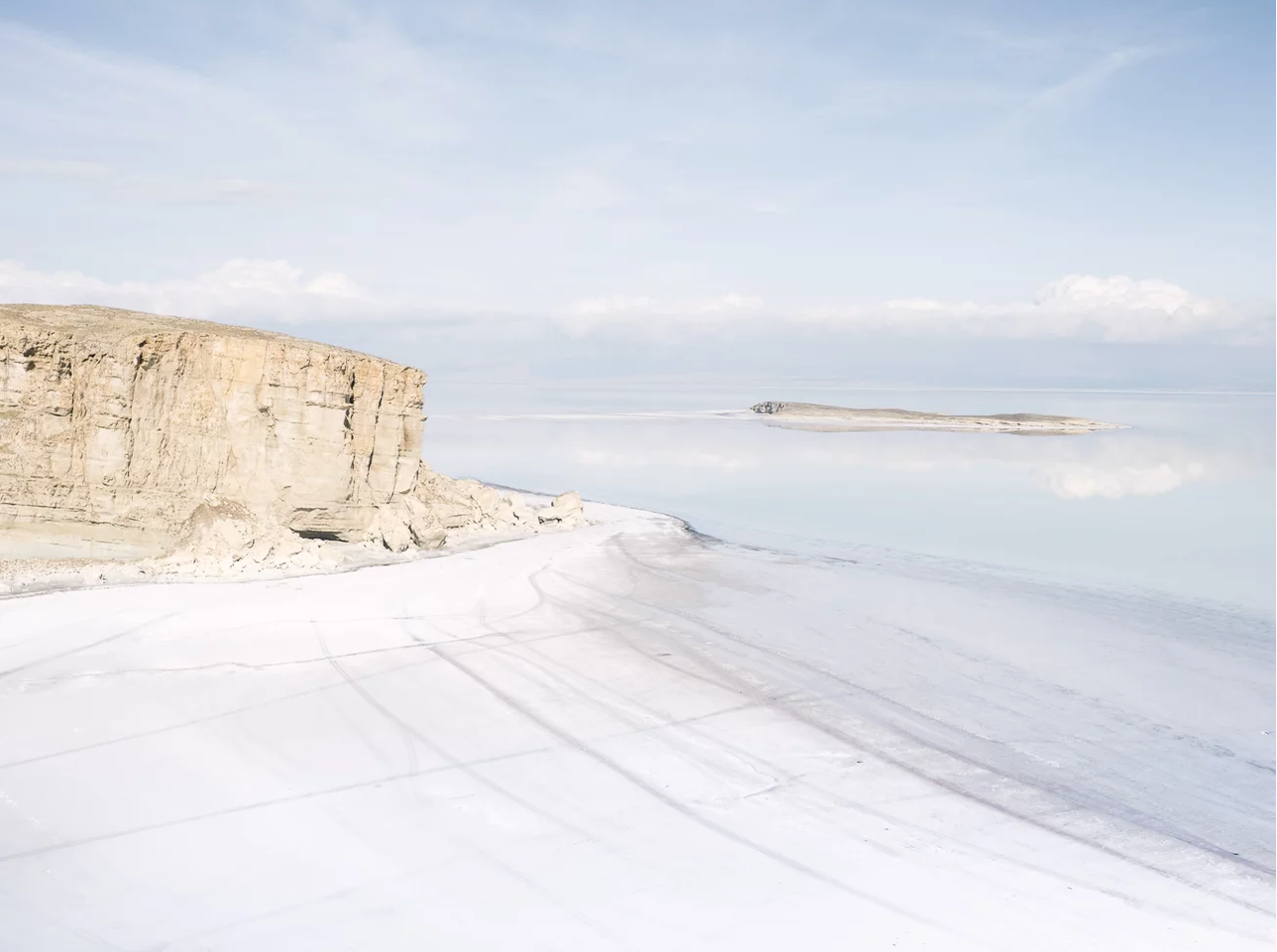
Garnering Widespread Support
The drying of Lake Urmia affects not only the Azerbaijani community but also the entire country and the regional community. By forging alliances with other marginalized groups and environmental activists, the movement gains strength and garners widespread support, making it harder for authorities to ignore.
On-the-ground activists can engage with policymakers and advocate for robust policy changes to address Lake Urmia’s crisis. This includes demands for immediate action to restore the lake, allocation of resources, and equitable representation in decision-making processes.
Peaceful resistance and civil disobedience are powerful tools for holding authorities accountable for their inaction. By engaging in peaceful acts of resistance, such as sit-ins and strikes and street protests, the movement underscores the urgency and necessity of immediate action.
Lake Urmia’s fate hangs in the balance, demanding urgent and decisive action from the Azerbaijani community and its allies. While social media campaigns have created awareness, their impact within Iran remains limited. The imperative of on-the-ground activism lies in uniting voices, marching in unity, and engaging local and global allies to compel authorities into action.
The Azerbaijani community must seize this moment to transition from virtual activism to on-the-ground action, utilizing street protests and peaceful resistance. By doing so, they will make it clear to the authorities that the drying of Lake Urmia will not be tolerated, and they will not bear the cost of the ecological disaster alone.
Through the strength of collective action, the Azerbaijani community can pave the way for a just and sustainable future for Lake Urmia and all Iranians. This movement could be a shining example of how on-the-ground activism can compel authorities to address environmental injustices and safeguard the rights and well-being of marginalized communities.

